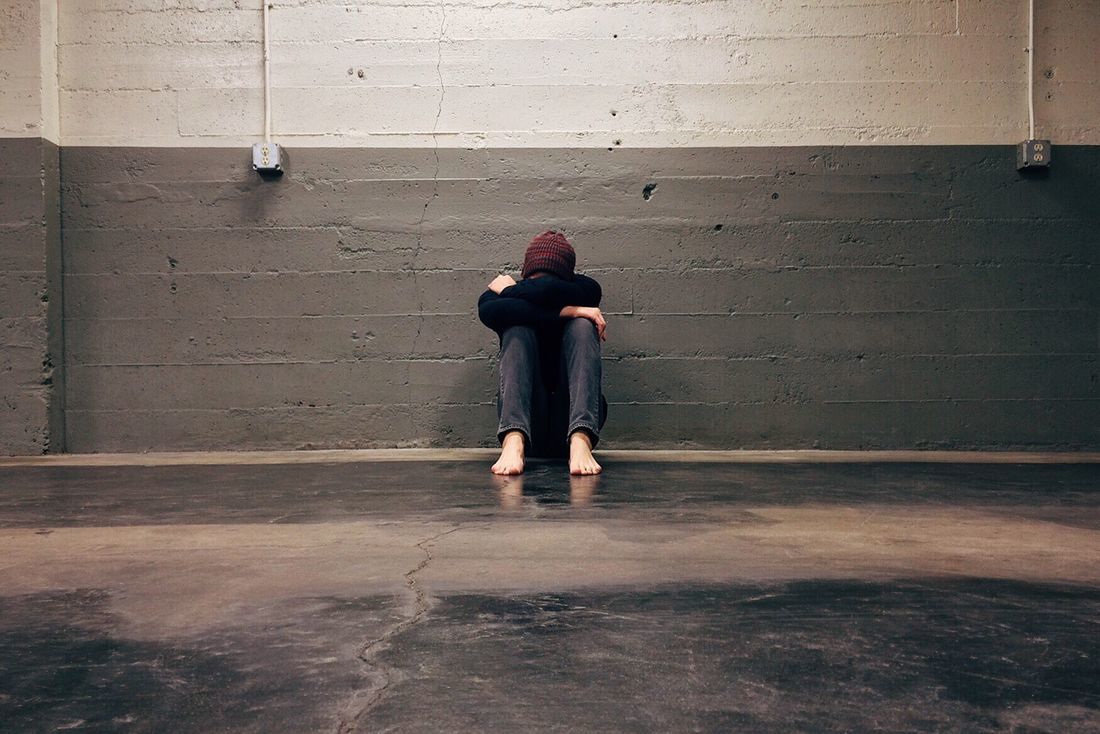Phone
1300 848 072
Address
Suite 1,
5 Jowett St,
Coomera, QLD 4209
Cognitive Behaviour Therapy (also known as Cognitive Behavioural Therapy or just CBT) is one of the most widely researched and evidenced-based approaches used in the psychological treatment of a whole range of common psychological concerns. Psychologists use CBT to help their clients overcome problems like social anxiety, panic attacks, posttraumatic stress disorder, depression, phobias, general life stress and much more.
The C in CBT stands for cognition. But what is a cognition? Basically, a cognition is a thought. We could really change the word cognition to the word thought, and call it Thought Behaviour Therapy. The cognitive part of CBT deals with better understanding people's thoughts, better recognising how our thoughts are affecting us, and challenging our thoughts if they are having a negative effect on how we're feeling or coping.
We all live in our own internal psychological world. And within this internal world, we are bombarded with a constant stream of judgements, decisions, memories, ideas, and thoughts. Often, we're largely unaware that this process is even happening. Much like breathing. We breath all day, every day, but are usually completely unaware that it's even happening, unless we deliberately pay close attention to each breath.
The cognitive part of CBT aims to bring our thinking processes more into our awareness. Emotions are often the main reason why people come to see a CBT therapist or psychologist in the first place. A core idea in CBT is that we only feel emotions if we have thought something that creates those emotions. Test this out for yourself. The next time you feel an emotion, stop for a moment and try to identify what you have just been thinking that caused that emotion.
If I woke up this morning and while lying in bed, I thought to myself "today is going to be a horrible day, nothing is going to go my way", then my emotions are going to follow. I'm going to feel down, maybe a bit anxious or stressed, and I might just stay in bed all day. In this scenario, my cognitions, or my thoughts, have shifted my emotions or feelings to a negative place, which in turns affects my behaviours (i.e. staying in bed all day).
Click here to take a brief test of your current levels of psychological distress.

The B in CBT stands for behaviour. A behaviour is basically anything that you can watch someone else do or that you can do with your own body. Kicking a ball is a behaviour, running out of a room is a behaviour, yelling at someone is a behaviour. When it comes to common psychological problems that lead people to seek the support of a psychotherapist or CBT therapist, many behaviours can lead to problems.
For example, if I have social anxiety disorder and so I avoid all social situations, what hope have I got of ever overcoming my fears? It would make it very difficult indeed to overcome my fears if I behaved in such a way that meant I was never anywhere near my fears. In this scenario my behaviour (of avoiding) is interfering with my recovery and mastery of social situations. If I have a phobia of spiders, and so whenever I see a spider I run away (my behaviour is the running away) then I will be unable to overcome that fear. Once again, my behaviour can interfere and stop me from overcoming my anxiety or overcoming my fears. By engaging in CBT I can learn to change my behaviours, and be more aware of my behaviours, which can lead to improved wellbeing and a fulfilling life.

This overview of Cognitive Behaviour Therapy is only a brief and simple guide to some core principles of CBT. There are many other components to CBT not covered here. CBT is a highly effective treatment for a range of psychological disorders. People who engage in CBT can often experience a rapid and long-lasting change in their symptoms, resulting in improved mood and a return of joy to their lives.
Dr Mark Bartholomew is a Gold Coast Psychologist with extensive training and experience in CBT. As a CBT Psychologist and CBT therapist, Dr Bartholomew has extensive experience in the treatment of a range of depressive and anxious problems using CBT treatments.
To find out more about our services, you can contact MHM Psychology on 1300 848 072. We’re always more than happy to answer any questions or provide you with guidance on what psychological treatments may suit your needs.